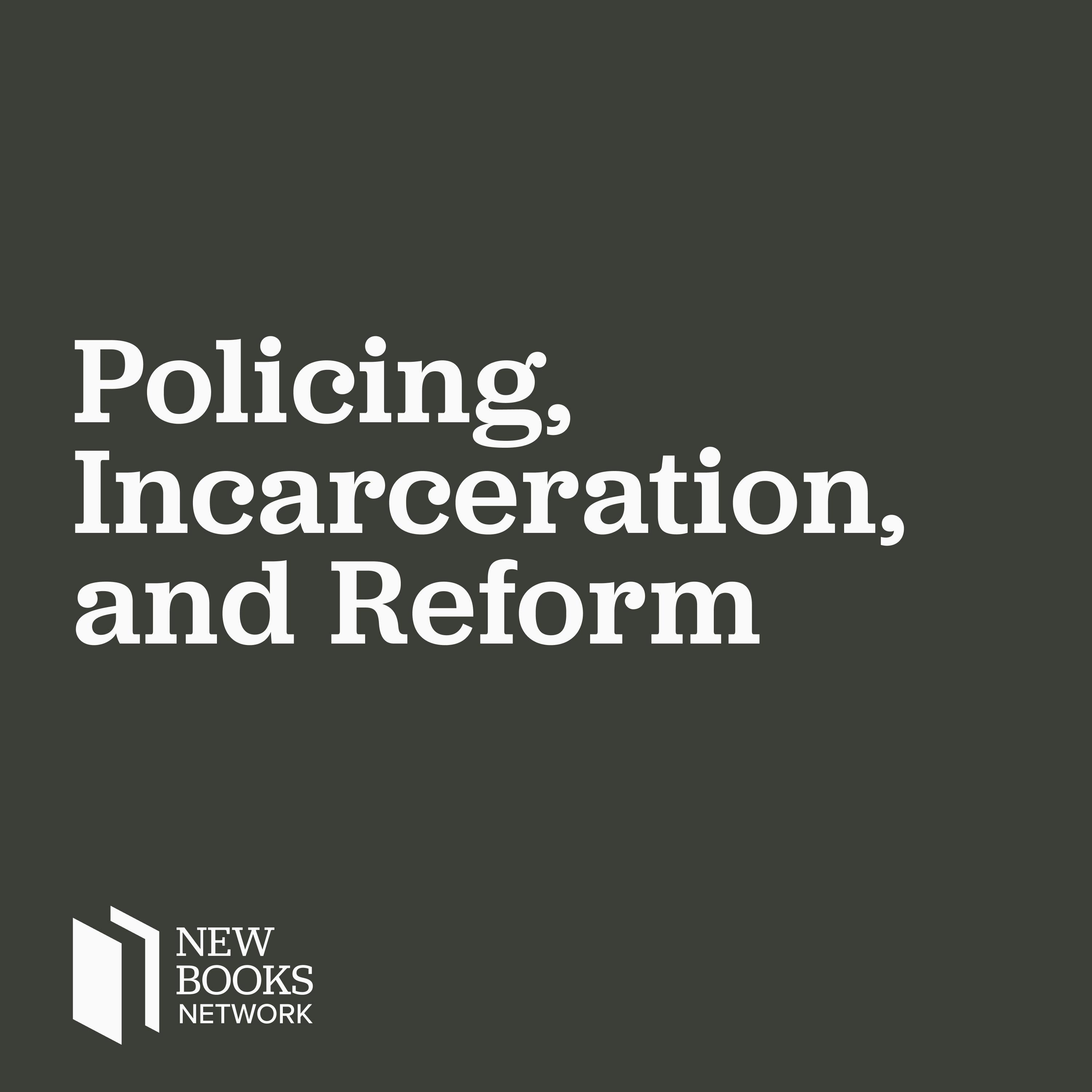Felia Allum, "Women of the Mafia: Power and Influence in the Neapolitan Camorra" (Cornell UP, 2024)
Description
Women of the Mafia: Power and Influence in the Neapolitan Camorra (Cornell UP, 2024) by Dr. Felia Allum dives into the Neapolitan criminal underworld of the Camorra as seen and lived by the women who inhabit it. It tells their life stories and unpacks the gender dynamics by examining their participation as active agents in the organisation as leaders, managers, foot soldiers, and enablers. Felia Allum shows that these women are true partners in crime.
The author offers an innovative interdisciplinary analysis that demystifies the notion that the Camorra is a sexist, male-centric organisation. She links her analysis of Camorra culture within the wider Neapolitan context to show how mothers and women act and are treated in the private sphere of the household and how the family helps explain the power women have found in the Neapolitan Camorra.
It is civil society and law enforcement agencies that continue to see the Camorra using traditional gender assumptions which render women irrelevant and lacking independent agency in the criminal underworld. In Women of the Mafia, Allum debunks these assumptions by revealing the power and influence of women in the Camorra.
This interview was conducted by Dr. Miranda Melcher whose new book focuses on post-conflict military integration, understanding treaty negotiation and implementation in civil war contexts, with qualitative analysis of the Angolan and Mozambican civil wars.
Learn more about your ad choices. Visit megaphone.fm/adchoices
More Episodes
We recently marked the 50th Anniversary of Terry vs. Ohio, the US Supreme Court case that dramatically expanded the scope under which agents of the state could stop people and search them. Taking advantage of a North Carolina law that required the collection of demographic data on those detained...
Published 10/08/24
Published 10/08/24
Today, U.S. Immigration & Customs Enforcement (ICE) detains an average of 37,000 migrants each night. To do so, they rely on, and pay for, the use of hundreds of local jails. But this is nothing new: the federal government has been detaining migrants in city and county jails for more than 100...
Published 10/02/24


